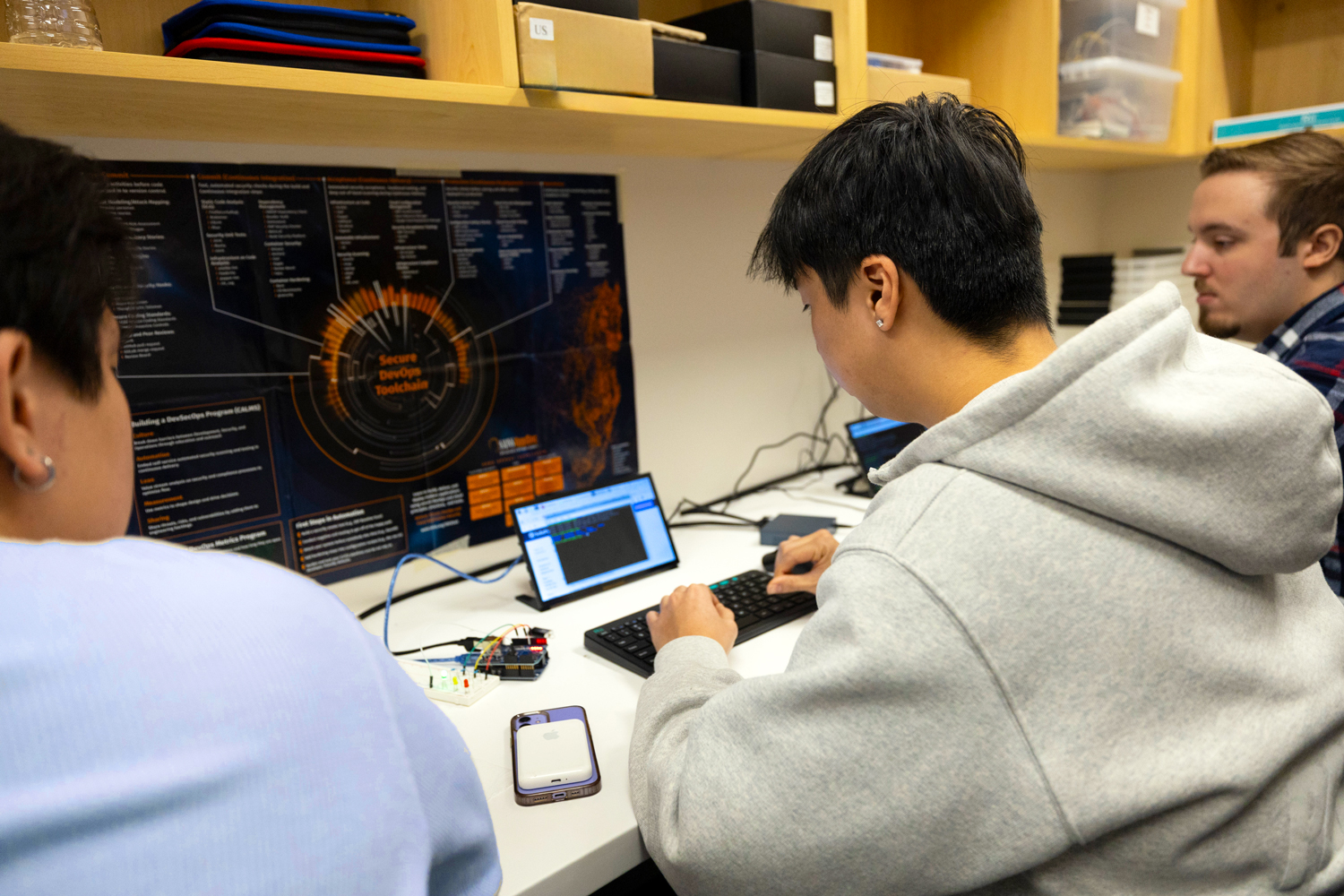Deadlines
- Fall: Rolling
- Spring: Rolling
- Summer: Rolling
There may be opportunities to apply for graduate assistantships, please fill out the Graduate Assistantship Application portion in the general application to be considered.
Required Application Materials
- Transcripts from all schools attended
- Two Letters of recommendation
- Resume
- Personal Statement
Available information for International Applicants.
Special Notes
If you are a UAlbany undergraduate student in the BS Informatics program or the BS Emergency Preparedness, Homeland Security and Cybersecurity (Cybersecurity Risk Management concentration) program, you can apply for the accelerated bachelor’s-master’s option in the MS in Cybersecurity and Risk to complete your combined program in only five years. You can save time and money by beginning your graduate degree coursework while still enrolled as an undergraduate student.
This program requires an internship, field experience, study abroad component, or clinical experience requirement. Students who have previously been convicted of a felony are advised that their prior criminal history may impede their ability to complete the requirements of certain academic programs and/or to meet licensure requirements for certain professions. If you have concerns about this matter please contact the Dean’s Office of your intended academic program.







